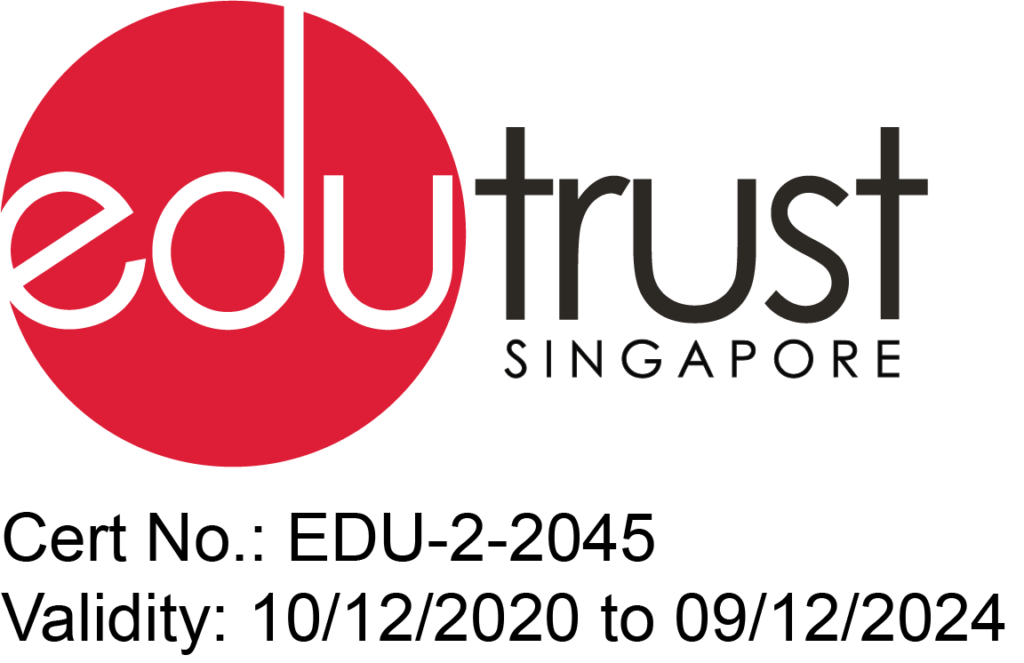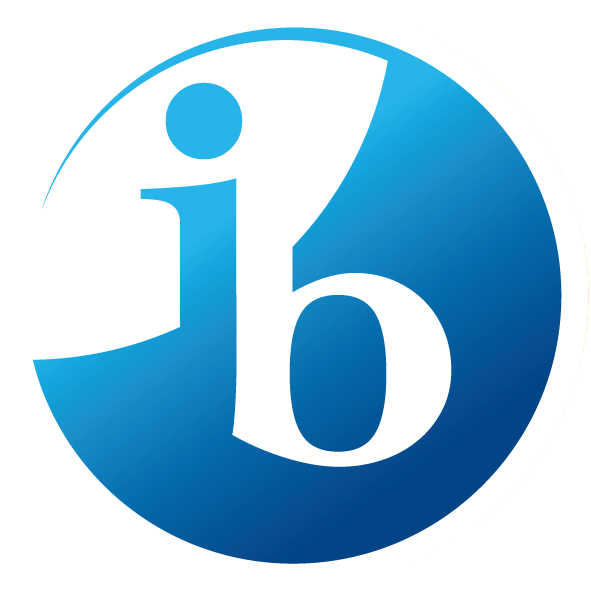When students enrol in the IB Primary Years Programme (IB PYP), a model that emphasises inquiry-based learning, their natural curiosity is not only encouraged but essential. This emphasis on curiosity fosters effective learning and empowers students to take on an active role in their education. Thereby, leading to enhanced knowledge retention throughout their academic journey.
With a student-centred approach, inquiry-based learning helps students to develop knowledge, skills and conceptual understanding. Evidence-based reasoning and problem-solving skills underline the idea of asking questions and making observations.
Inquiry-based learning, a key component of the IB Primary Years Programme (IB PYP), is clearly beneficial during your child’s primary years, but many parents do not realise that these benefits extend far beyond the IB PYP years.
Long-term benefits of inquiry-based learning
An inquiry-based programme naturally lends itself to differentiated learning, which is the process of catering to the learning experience to appeal to the student’s individual learning style. As such, an inquiry-led model caters to different learning styles and allows students to explore the material and engage in the discussion in a way that feels comfortable.
After years of learning in an inquiry-based environment, students become naturally confident — regardless of whether they are introverts or extroverts. They know how to connect with the material and participate in the learning process while remaining true to themselves.
Students who are encouraged to ask questions and challenge ideas are more likely to contribute towards classroom discussions with their peers. Thereby boosting a student’s confidence. Confidence is a skill that can last a lifetime, and students who enjoy inquiry-based learning are often more likely to become thoughtful, confident and motivated leaders.
“I like the IB PYP programme and how it works. Since Sophie joined the programme at GIIS East Coast Campus, she’s become more confident. Her IB PYP teacher is quite good, is very skillful and has a lot of patience,” says Elsa Palacois, mother of Sophie Palacois, IB PYP 3A, GIIS East Coast Campus.
Inquiry-based learning encourages independence
In an inquiry-led learning model, students play an active role in their own learning experience. Ultimately, this leads to a sense of independence that encourages students to continue asking questions and seeking answers long after leaving the classroom.
Independent learners know that knowledge acquisition never ends, and they are going to be more motivated to come up with solutions to the most challenging problems faced by an organisation or group.
Inquiry-led learning promotes collaboration
Collaboration is critical in a 21st-century world. Students who have been participating in open-ended discussions for years will find it easy to cooperate and participate in a group setting. They will be comfortable working with people of all backgrounds as they work towards developing solutions to challenges that they face.
Inquiry-led learning enables students to solve real-world problems
One of the hallmarks of inquiry-based learning is that it helps students connect the material they are learning in the classroom with the experiences they will enjoy in the real world. These connections will last longer than simple knowledge acquisition, which prioritises fact memorisation and reiteration over comprehension and understanding.
Inquiry-led learning builds student engagement
In traditional classrooms, some students can get away with passively learning the material while the extroverts participate more often. In an inquiry-based classroom, all students have opportunities to interact and engage with the content, which shows them the importance of staying involved. They are more likely to be active participants in any role that they take on in the future.
“IB is an international curriculum, so whether we are in Europe or America, we would find an IB school, and the transition will be easier for our kids due to the curriculum. In the PYP, children are working towards their own learning along with the teacher. It is an engaging learning experience, where the child gets to be expressive,” says Daniele Mari, parent of Victoria, IB PYP 3A.
At GIIS Singapore, the inquiry-based IB PYP curriculum is implemented by offering content in a variety of forms to students including video, audio and text. In addition to providing students with the resources that they need within the classroom and adopting an inquiry-based approach that prioritises discussion, GIIS believes in the power of experiential learning. Our students have the opportunity to experience first-hand the topics they are learning about, which helps them understand the material better and make lasting connections.
Also read: Top reasons for choosing IB PYP curriculum for your child
Through experiential learning, we give our primary school students opportunities to ask questions, form their theories and test their ideas.
For more information about inquiry-based learning in our IB PYP, please don’t hesitate to contact our friendly admissions team.

































